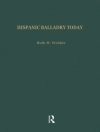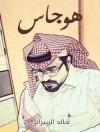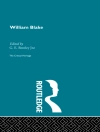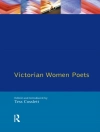Authoritative edition of Hafiz’s most important poems, including original Persian and brilliant English translations
Recent translations of Hafiz have been controversial. Omid Safi, an Islamic studies scholar at Duke, notes that “there are so many fake translations of Hafiz floating around, offering ‘versions’ that have no earthly connection to anything that the Persian poet and sage of Shiraz named Hafiz ever said. Elizabeth Gray offers us something different: poetic translations rooted in close readings of the original Persian, developed in consultation with a native speaker scholar.”
A “ghazal” is usually understood to mean lyric poetry concerned with love. But what had been a courtly love lyric concerned with wine and physical beauty became, in the hands of Sufis like Farid ud-Dín ‘Attar and Jalal ud-Dín Rumi, a way to describe a mystic’s relationship with God. Ghazals also became a means of veiling from theological and political conservatives the Sufi belief in the possibility of an intuitive, personal union with God.
Háfiz became the greatest of all Sufi poets, called the “Tongue of the Invisible” and the “Interpreter of Mysteries.” His command of the ghazal’s traditional imagery and themes blends eroticism, mysticism, and panegyric into verse of unsurpassed beauty. His eighty ghazals are presented in this book. Persian originals appear on facing pages to brilliant English translations of Gray and Anvar.
In the afterword, Persian scholar Daryush Shayegan notes how “there is no antagonism between the earthly wine and the divine wine, just as there is none between profane love and the love of God, since one is the necessary initiation to the other.”
Sobre o autor
Iraj Anvar is an actor, singer, stage and film director, writer, translator, and educator. He completed his first diploma in Genoa, Italy at the Swiss School, then gained a degree in acting and directing at Alessandro Fersen’s Studio di Arti Sceniche in Rome, Italy. On returning to his native Tehran, he co-founded the Tehran Theater Workshop where he directed and performed in many stage and television productions and translated plays and film dialogue into Persian, including European plays he directed for the stage. He also taught acting and diction at Tehran University. A few months before the 1979 Islamic Revolution, he moved to New York City, where he received his Ph D in Middle Eastern and Islamic Studies at NYU where he taught Persian language and literature for several years. In New York, he has read and sung Rumi, Hafiz, and other classical poets in Persian and in his own translations at the Asia Society, Cathedral of St. John the Divine, St. Bartholomew’s Church, the Long House Preserve Garden, the Bowery Poetry Club, Stony Brook, and several other institutions.












